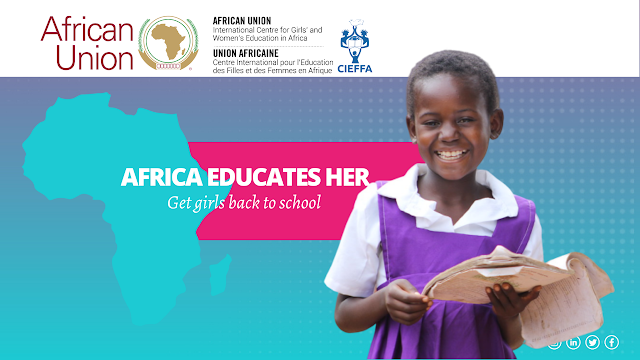Our coronavirus show is live in Angola. Day 23
Coronavirus denialism still holding Africa back.
Our today's guest is Flora, she will share with us the impact of Covid-19 pandemic in her life.
Hello, good afternoon, I'm Flora. I will talk about how the covid-19 affected my personal life.
Well, first of all, I lost my job. Then I stopped studying and my daughters also stopped studying, right now I am at home, but thank God they receive classes at home.
The fear I have of coronavirus?
Well, many people say that covid-19 does not exist. Because in our neighborhood we have never heard of anyone who has caught coronavirus. Mostly young people say that the coronavirus does not exist, they say that we hear there in the North and in the south but never anyone we know has caught coronavirus.
But I am very afraid, especially for my children. Well, I'm really scared of this disease, first I prefer to protect myself and my children. That's all.
Denialism is impeding the ability of African governments to curb the spread of COVID-19. State corruption and poor communication make buying into conspiracy theories tempting, especially for young people.

This is the first and the only Coronavirus show in Angola where the most ordinary citizens show their brilliant talents.
The heroes of the program are the most ordinary citizens - they share with the audience their songs, poems and real stories of how the Coronavirus pandemic affected their lives.
We launched the “Corona Voice show” campaign to provide a space for young women and men around Angola to share their views, experiences and initiatives.
Click here to watch free full webisodes: https://coronavoice-angola.blogspot.com/





